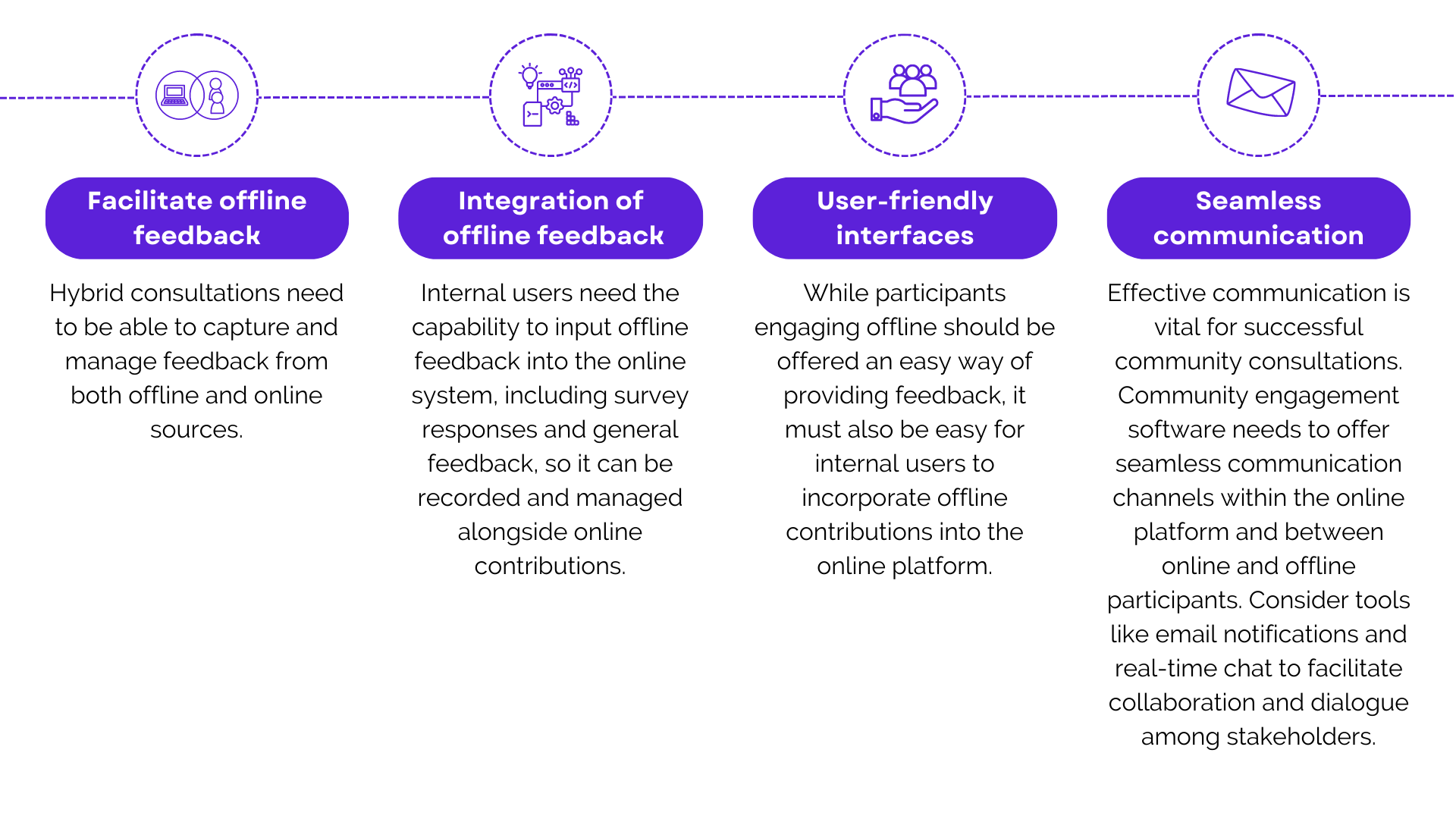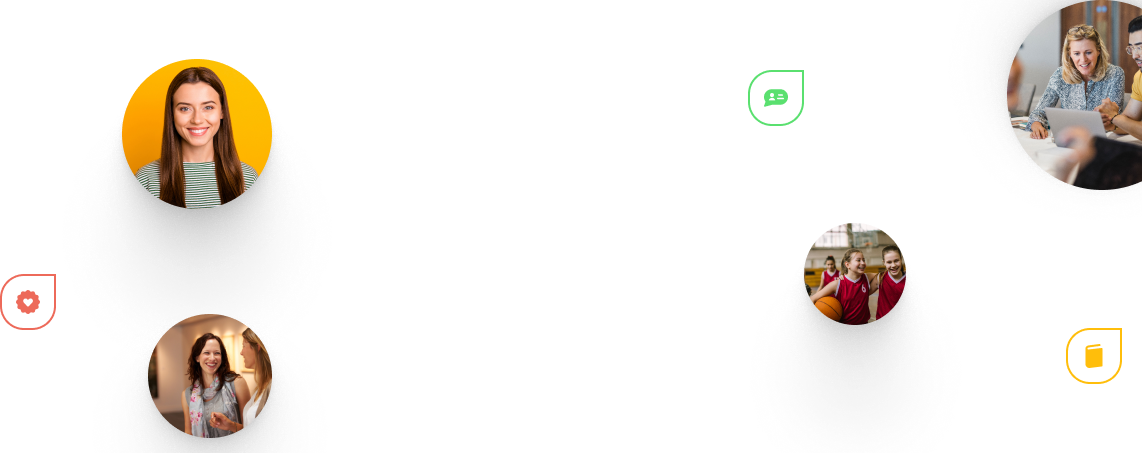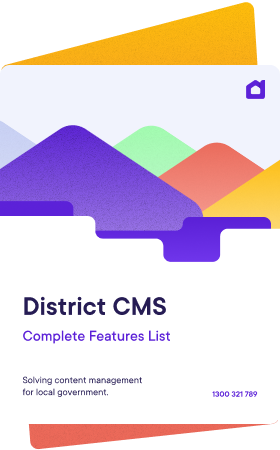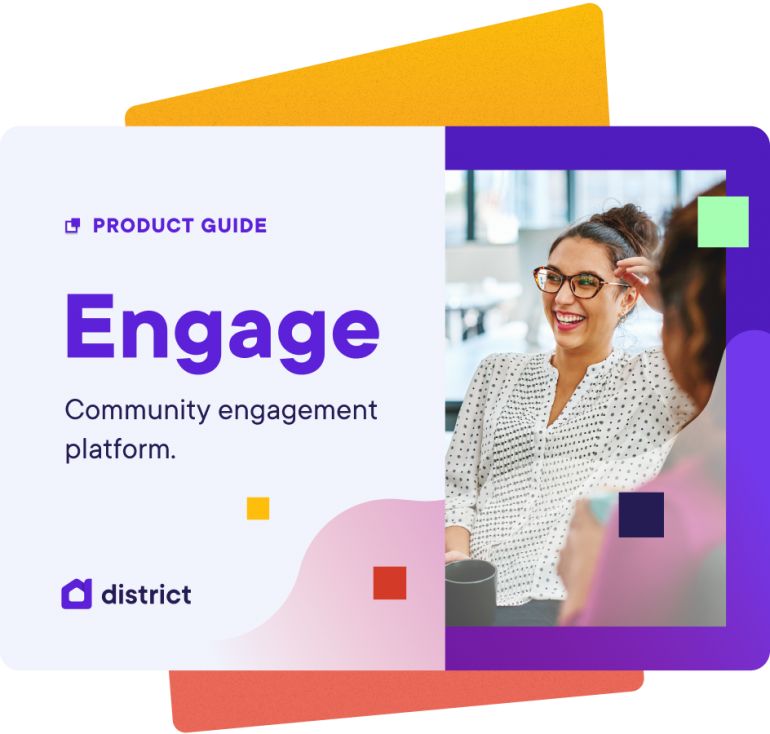How can engagement platforms incorporate online and offline consultations?
A hybrid approach to community engagement lets us be more inclusive and reach across demographic divides. But can our software tools can handle online and offline consultations?
Over recent years, community engagement practitioners have embraced the power of digital participation tools to reach out across the community and seek feedback on all manner of issues, from urban development to mental health strategies. The pandemic drove us to embrace online forums, surveys, and social media polls like never before.
For engagement practitioners, digital participation tools help to create an agile, flexible engagement strategy with instant reporting to ensure key targets are being met.
But there are drawbacks to digital engagement strategies. For many in our community, face-to-face interactions are important, if not essential. Not everyone can or will engage online.
That’s why we need to consider a hybrid approach.
A hybrid consultation incorporates both online and offline consultation practices. As an engagement practitioner, you might run a survey online, but also deliver the same survey via a door-knocking campaign. You might run a town-hall forum, but livestream it so people can participate and ask questions online. A quick poll on social media might run in conjunction with a pop-up booth at a shopping centre.
In this article, we’ll examine the importance of conducting hybrid community consultations and take a look at some of the challenges for digital engagement software - what is the best way it can support a hybrid consultation?
Capturing diverse voices
Every community is unique. From country towns to regional centres, working-class suburbs to affluent neighbourhoods, each community supports a diverse mix of individuals, age groups, and language and cultural backgrounds. To engage with such a diverse range of people, we need to cast a wide net.
That’s why community engagement practitioners need to create a range of opportunities for people to participate in consultation projects and cater for different preferences and lifestyles.
A hybrid consultation model can help us meet people where they are, both physically and digitally. By accommodating both online and offline methods of consultation, we can create a more inclusive and representative engagement process.
Empowering different demographics
Different demographic groups within the community have unique ways of engaging and communicating.
For rural and regional communities, the constraints of time and distance make digital engagement opportunities more convenient. Members of the CALD community might prefer a face-to-face consultation that incorporates an interpreter or translation services. Younger generations tend to be more comfortable engaging on digital platforms, while older adults, especially the elderly, might prefer traditional methods of engagement.
An inclusive engagement strategy needs to accommodate the needs of all people, including shift workers, people with disabilities, youth, and those in marginalized communities.
Hybrid consultations allow us to acknowledge the differences between members of the community and create spaces so everyone can participate. This approach lets us tap into the knowledge and unique experiences across the community, giving us unique insights and a rich source of data for making informed decisions.
How hybrid consultations impact community engagement platforms
The rise of hybrid consultations brings challenges - and opportunities - to community engagement software.
One of the key benefits of using digital engagement tools is the instant access to reporting. Community engagement platforms like District Engage offer insights and analysis via a range of individual participation tools such as surveys, polls, and user comments on the mapping tool, but can also report on specific demographics, time frames, and locations, as well as across the entire project.
But how does the data from offline consultations feed into this reporting?
In order to ensure the collected data represents a single source of truth, offline data needs to be incorporated. Community engagement software needs to adapt and evolve to support hybrid consultations. Here are some things to consider:

Embracing hybrid consultations is a significant step forward for community engagement practitioners, enabling them to design genuinely inclusive engagement strategies that reach out across diverse communities. Community engagement software will play a significant role in facilitating a hybrid model and must provide the tools and functions to seamlessly integrate offline feedback into the online system.
As we look towards the future, it’s clear that community engagement practitioners must work hand in hand with software developers to harness the power of technology to empower communities and help shape a better future.




